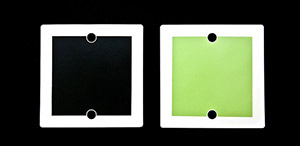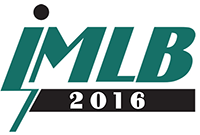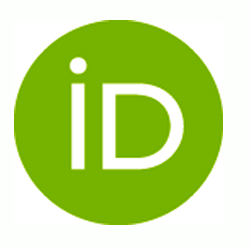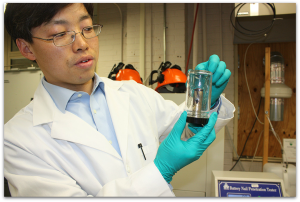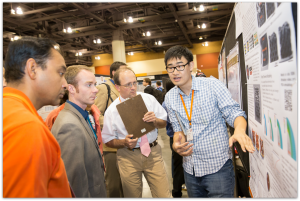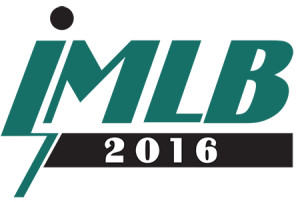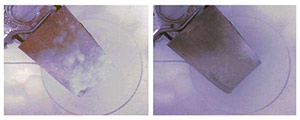
Through a nanoribbon-infused epoxy, researchers were able to remove ice through Joule heating.
Image: Rice University
Graphene, better known as the wonder material, has seemingly limitless possibilities. From fuel cells to night-vision to hearing, there aren’t many areas that graphene hasn’t touched. Now, researchers from Rice University and transforming graphene for uses in air travel safety.
James Tour, past ECS lecturer and molecular electronics pioneer, has led a team in developing a thin coating of graphene nanoribbons to act as a real-time de-icer for aircrafts, wind turbines, and other surfaces exposed to winter weather.
(MORE: Read “High-Density Storage, 100 Times Less Energy“)
Through electrothermal heat, the graphene nanoribbons melted centimeter-thick ice on a static helicopter rotor blade in a -4° Fahrenheit environment.
This from Rice University:
The nanoribbons produced commercially by unzipping nanotubes, a process also invented at Rice, are highly conductive. Rather than trying to produce large sheets of expensive graphene, the lab determined years ago that nanoribbons in composites would interconnect and conduct electricity across the material with much lower loadings than traditionally needed.
Read the full article.
“Applying this composite to wings could save time and money at airports where the glycol-based chemicals now used to de-ice aircraft are also an environmental concern,” Tour said.
The coating may also protect aircrafts from lightning strikes and provide and extra layer of electromagnetic shielding.
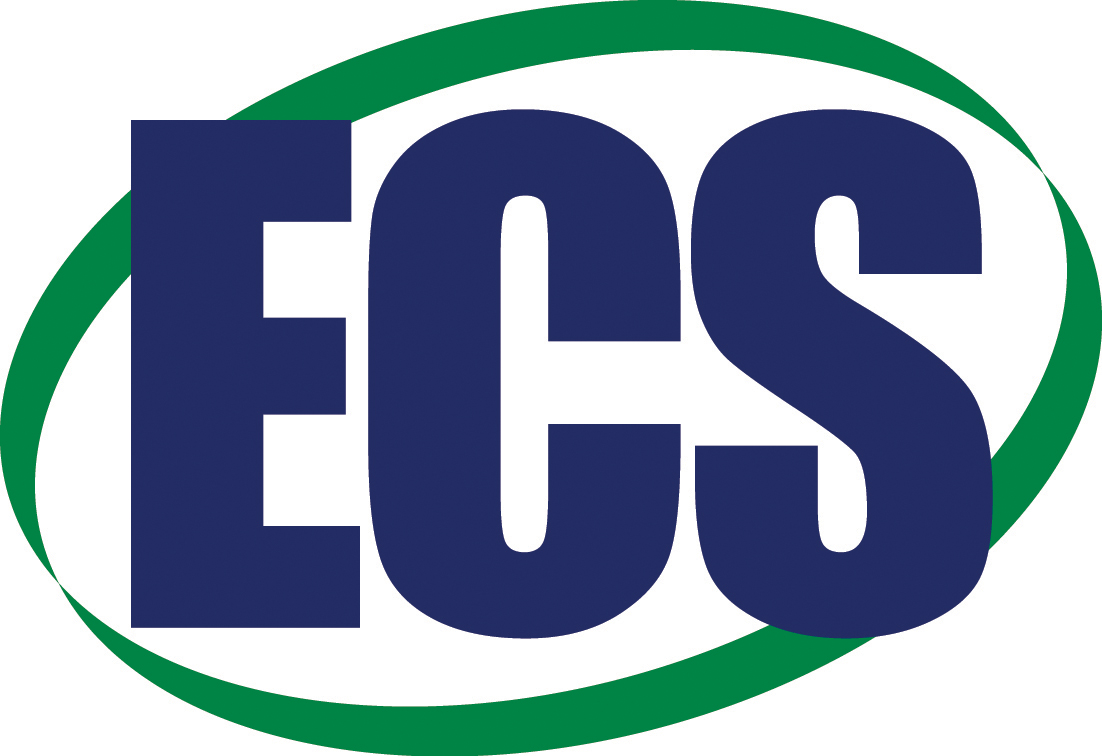 The new ECS website was launched last week. We hope it’s easy to find what you are looking for!
The new ECS website was launched last week. We hope it’s easy to find what you are looking for!


